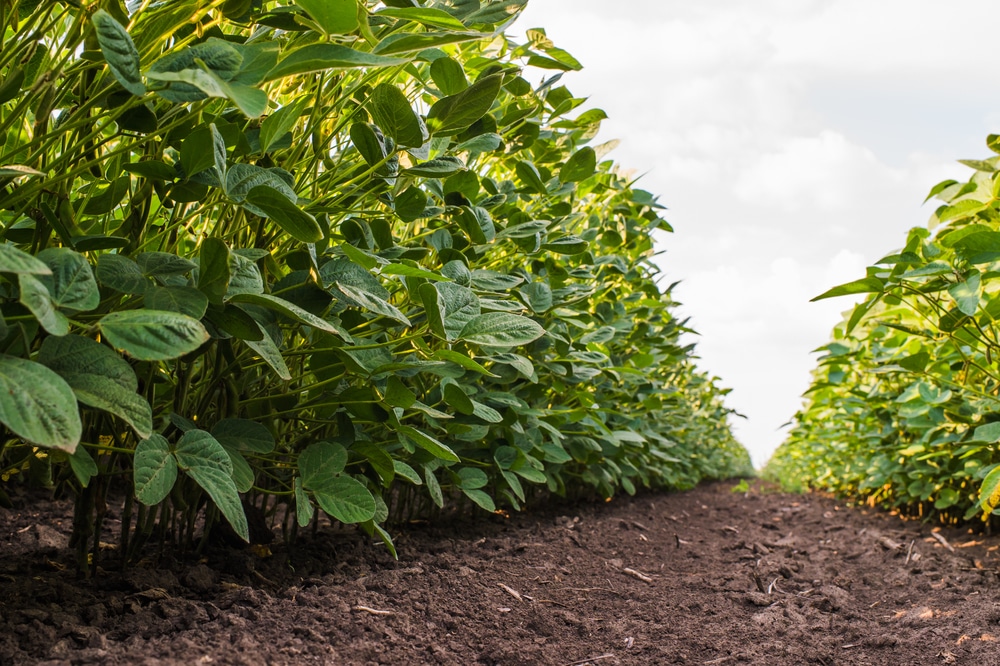Imagine slapping an organic label on anything you want – food, drink, etc. You’d do none of the extra work, but be able to charge consumers a hefty premium for the label. It’s dishonest and not fair to the operations that put in the extra hours to become certified organic and USDA is dedicating efforts to stop this type of fraud.
This week two more companies were added to the list of frauds: Cloud Vaping Industries (U.S.) and Viet Nam Agricultural Biotechnology Joint Stock Company (Vietnam).
“Using fraudulent documents to market, label or sell non-organic agricultural products as organic is punishable by fines of up to $11,000 for each violation,” according to USDA. Right now USDA has identified more than 90 companies fraudulently marketing their products as organic.
Frauds essentially copy the form that certifies real organic companies to convince consumers they’re up to snuff without doing any of the real work. When fraudulent companies do this they use the information of certifying agents”in many cases without their consent.
USDA encourages legal organic operations and certifying agents to be on guard for fraud and report any suspected cases to the NOP compliant and enforcement division. This USDA division closely monitors not only domestic, but foreign suppliers as well to ensure anything labeled organic meets U.S. specifications.
USDA requires organic certifiers to “evaluate each organic operation’s Organic System Plan, verify an operation’s compliance with record keeping requirements and conduct annual on-site inspections.”
Organic operations must keep records regarding production, harvesting and handling any product. Imported products must keep a full audit trail back to the last operation that produced, processed or packaged the product to show regulatory compliance.
